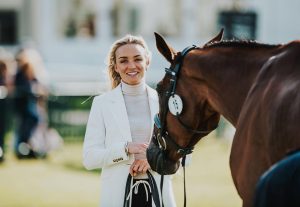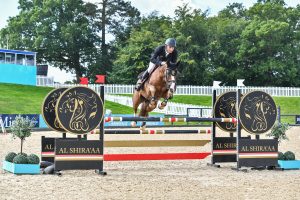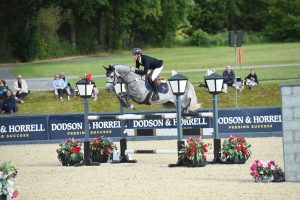Horse Scout’s top tips:
Horse Scout strongly advises that you stick to your itinerary: the choices you make should be guided by the person helping, managing, training you — and not influenced by the seller.
Age: This is a common conundrum… the novice rider needs an animal to have been backed and in regular work for at least a couple of years. Purchasing a 5-year-old with little time under saddle may be problematic, as horses will grow and change in temperament. As a rule of thumb, horses decrease in value after 11 years; age starts from January each year. Therefore buying a 10-year-old in December will leave you with an 11-year-old horse in January.
Budget: If the animal seems too good to be true, it probably is! Unless you have a personal connection to the seller, there may be a veterinary issue, which is not being disclosed, or there could be a lack of suitability of the horse for required purpose.
Type: Consider what you want your horse to do and view potential horses accordingly. If you want a quiet schoolmaster, don’t be tempted to view a young feisty thoroughbred. If you want something to hunt, don’t be impressed by something with flashy movement that probably won’t stand up to running on unlevel ground.
Breed: Avoid full blood thoroughbreds as a first horse unless the animal has references and history already suited to your needs. Mixed-blood ‘colder’ breeding will lend to an easier/less sharp temperament. After all, you would not purchase a Ferrari as your child’s first car!
Size: Horses can grow until they are 8 years old and breed will dictate the chance of the horse having a late growth spurt. Seek advice from a vet/professional when buying a youngster.
Sex: Consider where the animal will be kept. Some yards have a gelding-only policy. Always ask when a gelding has been gelded if young, as it may still have stallion tendencies!
History: If you’re looking to compete, buy an animal with a competition history. The animal’s experience will help to keep you confident eg if you are embarking upon a show jumping horse, buy a horse with a BSJA record, NOT just on a ticket.
Research: Keep looking at Horse Scout frequently. A good horse will go quickly. Horse Scout adverts get rated for the amount of information given – if it hasn’t got five stars find out why and ask appropriate questions.
Trial: If you arrive at the venue and immediately know the horse is not for you, say so. You’ll only be wasting the owner’s time and yours. Visit the horse more than once, as this may unveil character flaws or you might merely have missed something on your first visit. See the horse ridden before you get on, watch the horse jump before you jump, and hack alone and in company if hacking is important to your requirements. Video the visit so that you can watch it at home with someone whose opinion you trust and ask as many questions as possible.
Vetting: Confirm that the seller is happy to have the horse vetted, and possibly x-rayed before you book a visit. However, weigh up what level of vetting you need. If the horse is just for hacking, a three-star vetting may be enough.
Horse Scout believes there is a home for every horse.
Best of luck – the Horse Scout Team!





